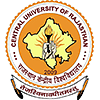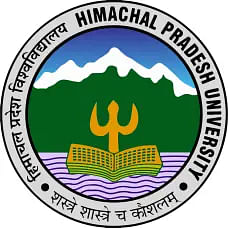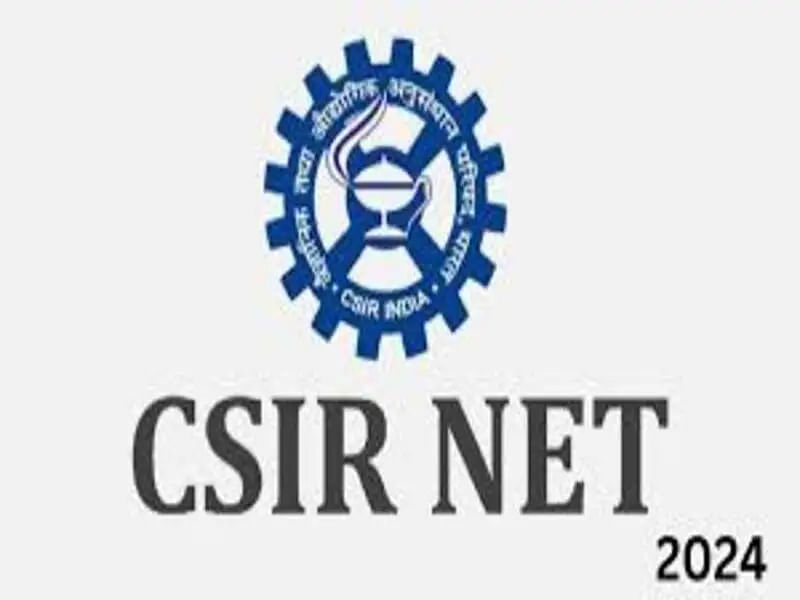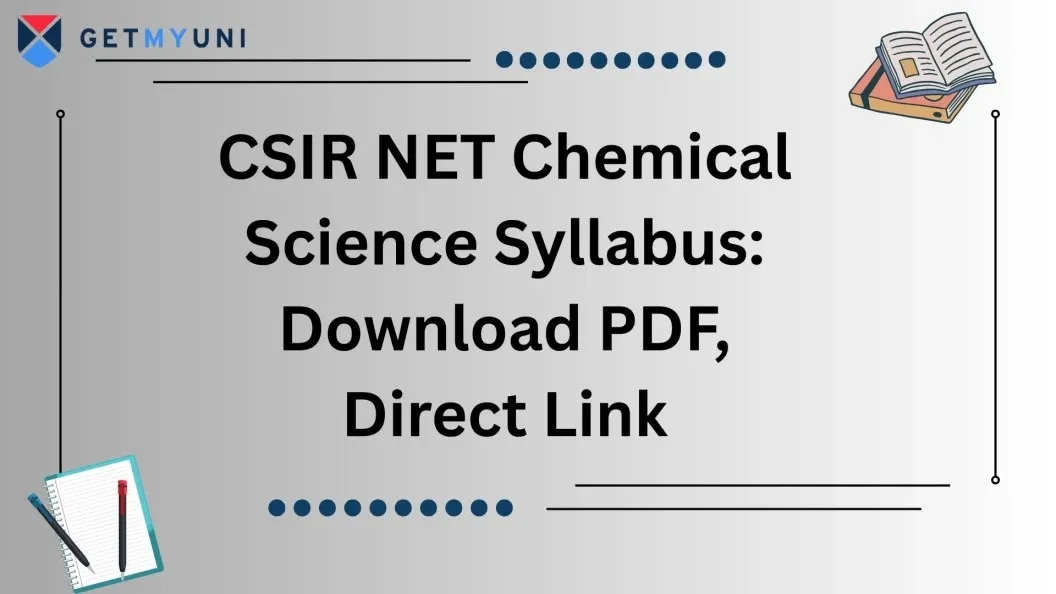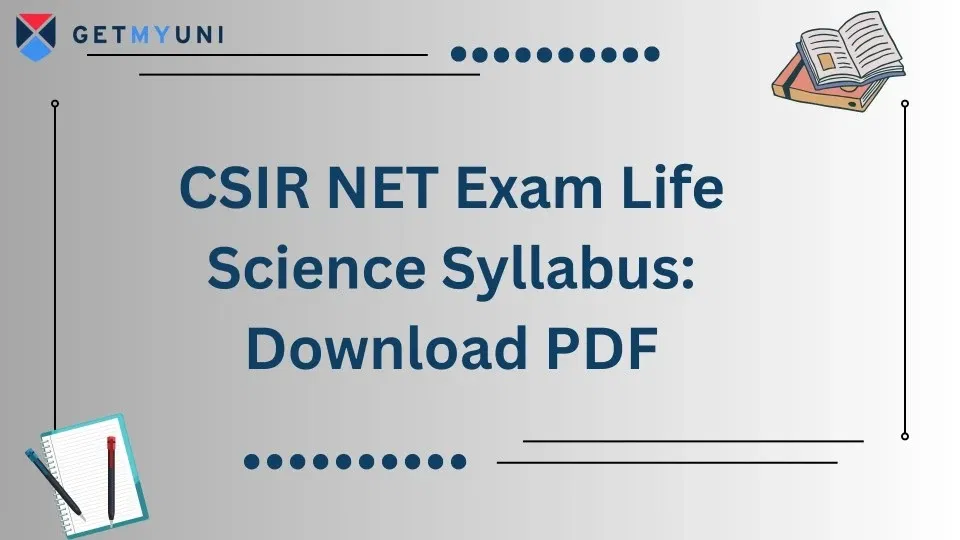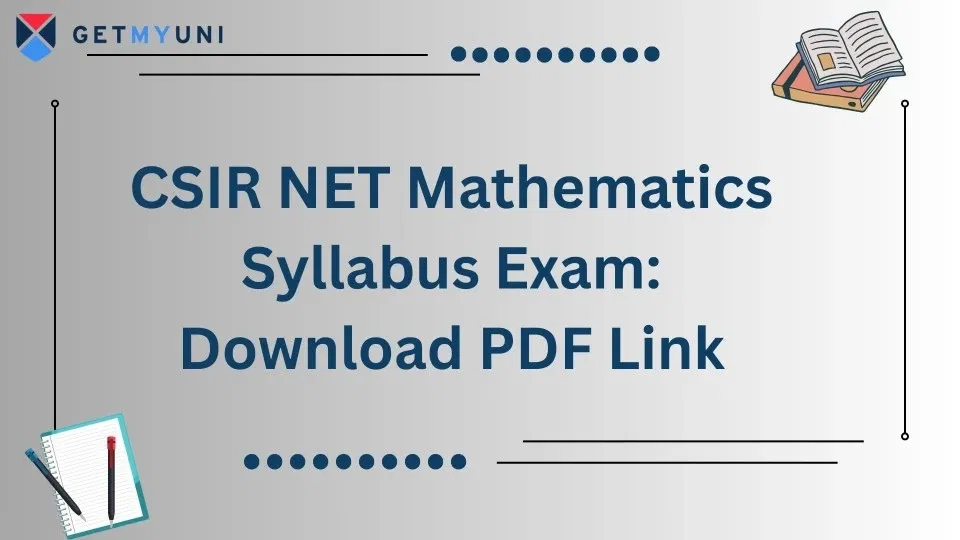CSIR NET Physics important chapters include topics from both general aptitude and subject specific section such as Mensuration And Quantitative Comparisons, Mathematical Method, Electromagnetic Theory, etc. The total weightage for CSIR NET Physics is 200 marks.
CSIR NET Physics important chapters include Mathematical Methods of Physics, Electromagnetic Theory, Classical Mechanics, Quantum Method, Nuclear Physics and Atomics Physics. You can also practice the CSIR NET previous year's question paper to analyse past trends and frequently asked questions.
Preparing and solving the CSIR NET Physics important topics will help you score better marks and also manage your time accordingly during the exams. The CSIR NET exam was conducted on Jul 28, 2025 in online mode as a computer-based exam.
CSIR NET Physics Important Chapters
Practising the CSIR NET Physics important chapters will aid you in boosting your scores in the examination. The CSIR NET Physics syllabus is divided into three parts such as Part A (General Aptitude), Part B and Part C (Subject-Specific).
Listed below are the CSIR NET Physics important chapters and the topics covered:
Important Topics for Part A
Listed below are the important topics for the CSIR NET general aptitude section:
- Calendar Problem
- Moving Locomotive Problem
- Series Formation
- Mensuration And Quantitative Comparisons
- Data Interpretation
- Observational Ability
- Logical Puzzles
- Monetary Problem
- Distances and Direction
Important Topics for Part B and Part C
Listed below are the CSIR NET Physics subject-specific important chapters and the topics covered:
- Mathematical Method of Physics: Matrices, Vector algebra and vector calculus, Differential equations, Special functions, Fourier series and Fourier Transforms, Laplace transforms, Random variables, Complex analysis, Dimension analysis, Partial differential equations, Root of functions, Interpolation and extrapolation, etc
- Classical Mechanics: Two body Collisions - Scattering in laboratory and Centre of mass frames, Generalized coordinates, Conservation laws and cyclic coordinates, Lagrangian formalism and equations of motions, Hamiltonian formalism and equations of motions, Lagrangian to Hamiltonian and vice-versa, Small oscillations, normal modes, and frequency, Stability analysis, Special theory of relativity, Lorentz transformations & relativistic kinematics, Poisson brackets, etc
- Electromagnetic Theory: Gauss’s law and its applications, Electric flux, Charge density, Electric field, Potential, Potential work energy, Laplace and Poisson equations, Boundary value problems, Method of image, Multipole expansion, etc
- Quantum Mechanics: Relativistic quantum mechanics-Klein-Gordon and Dirac equations, Elementary theory of scattering, WKB approximation, Variational method, Time independent perturbation theory, Identical particles, Orbital angular momentum, Spin system, Harmonic oscillator, Hydrogen atom, Particle in a box1D 2D 3D, etc
- Thermodynamics and Statistical Physics: Laws of Thermodynamics Work, Adiabatic Process, Classics Clapyron, Joule Thomson, Entropy Equipartion Law, Thermodynamics, Maxwell Potentials, Carnot Heat Engine Refrigerator, Maxwell Relations, Mixing Gas, Partition Functions, Free Energy And Its Connection With Thermodynamic Quantities, Classical And Quantum Statistics
- Electronics & Experimental Methods: Semiconductor Devices, Operational Amplifiers and their Applications, Error Analysis, Propagation of Errors, Microprocessor and Micro-Controller Basics, Lock-In Detector, Box-Car Integrator, Etc
- Atomic & Molecular Physics: Ground Symbol states of an electron in an atom, Paschen-Bach effects, Stark Effects, Nuclear magnetic resonance, Born-Oppenheimer approximation, Potential Interactions, etc.
- Condensed Matter Physics: Bravais lattices, Elastic properties, Electron motion in a periodic potential, Super Conductors, Reciprocal lattice, etc.
- Nuclear and Particle Physics: Basic nuclear properties, Binding energy, Rotational spectra, Elementary particles and their quantum numbers, Relativistic kinematics, etc.
Must Read: Best CSIR NET Coaching in India
CSIR NET Physics Science Important Chapters PDF Downlaod
| Particulars | Link |
| CSIR NET Physics Important Chapters | Download PDF |
CSIR NET Section-Wise Weightage for Physical Science
You need to understand the CSIR NET section-wise weightage to avoid negative markings and to perform better in the exams. The CSIR NET Physics exam pattern includes multiple-choice questions and negative marking is applicable for each section. The CSIR NET Physics exam is conducted for 200 marks.
Given below are the section-wise CSIR NET Physics weightage:
| Section | Number of Questions | Maximum questions to be attempted | Marks for the Right Answer | Marks for the Incorrect Answer | Total Weightage |
| A | 20 | 15 | +2 | -0.5 | 30 |
| B | 25 | 20 | +3.5 | -0.875 | 70 |
| C | 30 | 20 | +5 | -1.25 | 100 |
Also Read: CSIR NET Physical Science Syllabus 2025
CSIR NET Physics Chapter-wise Weightage
Understanding the exam pattern and the number of questions from each topic will help you plan your exam preparation and time management. Listed below are the CSIR NET Physical Science topic-wise weightage:
| Important Topics | Number of Questions |
| Mathematical Methods of Physics | 4 - 5 |
| Classical Mechanics | 3 - 5 |
| Experimental Methods | 1 - 2 |
| Quantum Mechanics | 2 - 4 |
| Thermodynamic and Statistical Physics | 3 - 4 |
| Electromagnetic Theory | 3 - 5 |
| Nuclear and particle physics | 3 - 5 |
| Atomic and molecular physics | 1 - 3 |
| Electronics | 3 - 4 |
| Condensed matter physics | 2 - 4 |
How to Find CSIR NET Physics Important Chapters?
You must be well aware of the CSIR NET Physical Science syllabus and exam pattern to find the CSIR NET Physics important topics using the below-given pointers:
- Analysing previous year trends: You can refer to the previous year's question paper for past trends and repeatedly asked questions to find out the important topics.
- Understanding the exam pattern: Topics with more weightage are more likely to be asked in the exam as per the previous year's trends so planning the exam preparation based on the exam pattern and weightage will help you find the CSIR NET Physics important topics.
Read More: CSIR NET Certificate 2025
Benefits of CSIR NET Physics Important Chapters
Listed below are the benefits of CSIR NET Physics important chapters:
- Better Score: Understanding and solving the important chapters will help you to perform and score higher marks in the examination.
- Time Management: Repeated practice and mock tests with the important chapters will enable you to use your time effectively.
- Boost Confidence: Practicing the important chapters will boost the confidence level of yours and help you avoid any confusion and negative markings.
Also Read: What is a Good Score in CSIR NET?


